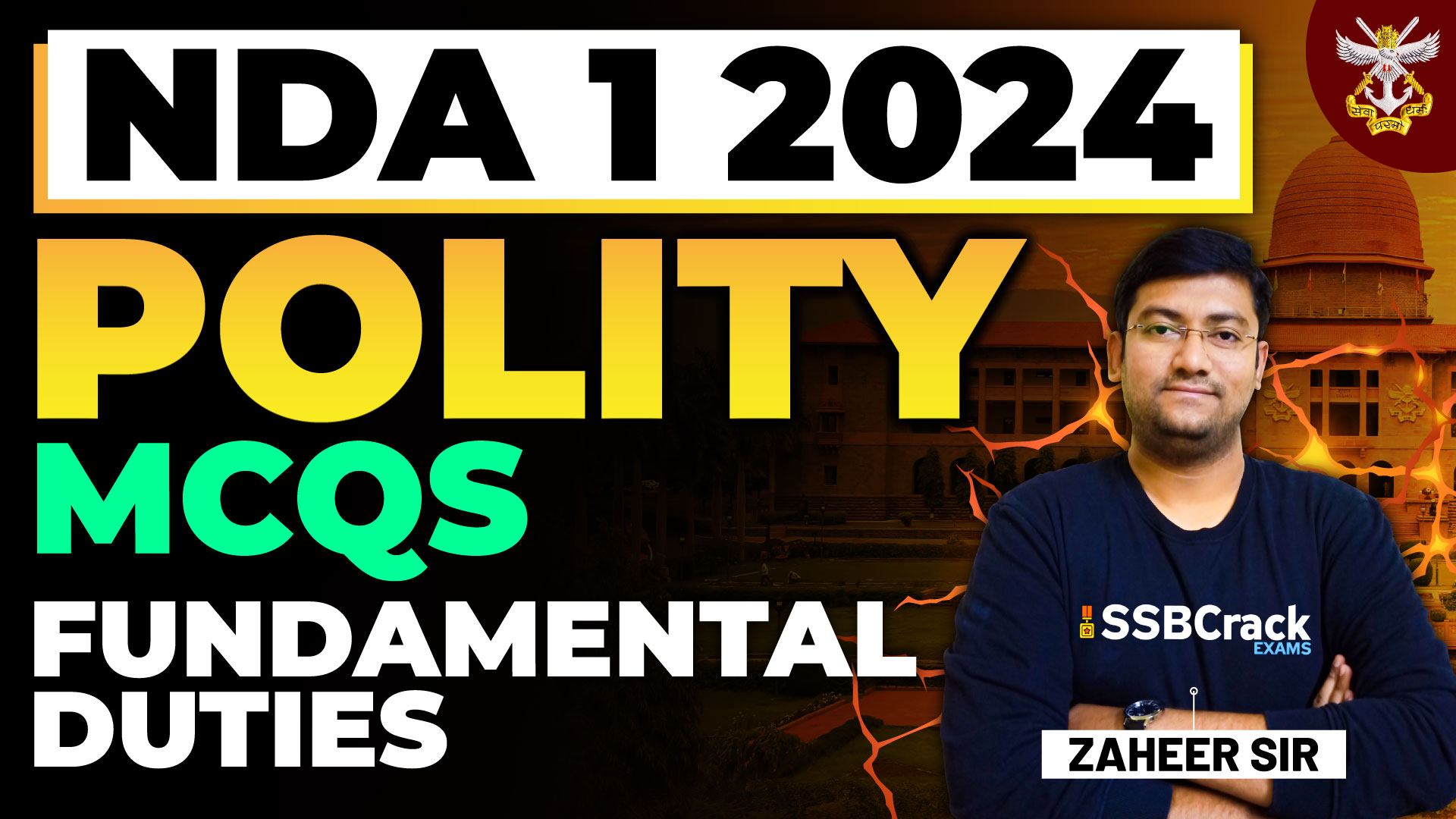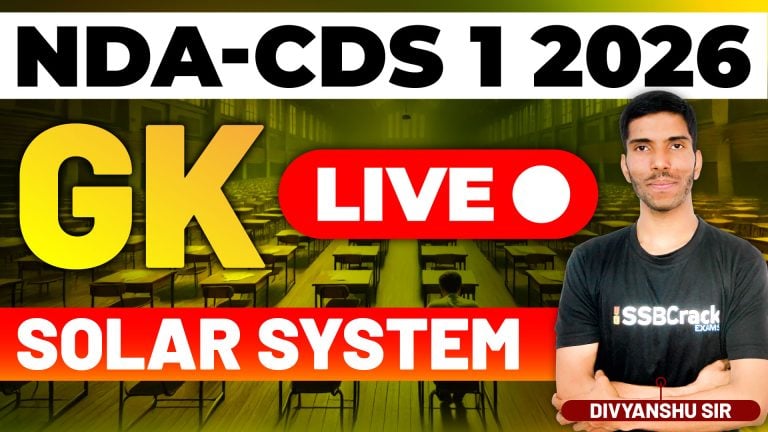For aspirants preparing to join the National Defence Academy (NDA), the journey is rigorous, demanding not only physical prowess but also intellectual acumen. Among the myriad subjects, understanding the nuances of Indian polity is indispensable. Specifically, grasping the concept of Fundamental Duties holds paramount importance. Thus, engaging in MCQ-solving classes focusing on this crucial aspect becomes an essential step toward success in cracking the NDA exam.
- Comprehensive Understanding of Indian Constitution:
- The Indian Constitution forms the backbone of the nation’s governance structure. It’s imperative for defence aspirants to have a profound understanding of its various facets.
- Fundamental Duties, enshrined in Part IV-A of the Constitution, reflect the moral obligations of citizens towards the nation. Familiarity with these duties showcases a deep comprehension of constitutional principles.
- Alignment with Military Ethos:
- The ethos of the armed forces is deeply rooted in discipline, responsibility, and integrity. These values resonate with the essence of Fundamental Duties, which emphasize respect for the ideals of the Constitution and the national integrity.
- By delving into the nuances of Fundamental Duties, aspirants imbibe these values, aligning themselves more closely with the ethos of the armed forces they aspire to join.
- Holistic Development of Aspirants:
- NDA grooming goes beyond physical fitness; it aims to develop well-rounded individuals capable of leading with integrity and commitment.
- Understanding Fundamental Duties fosters a sense of responsibility towards society and the nation, nurturing aspirants into conscientious citizens and future leaders.
- Strategic Approach to Exam Preparation:
- MCQ-solving classes provide a structured approach to exam preparation. They offer insights into the exam pattern, question formats, and the most probable areas to focus on.
- Fundamental Duties, though a relatively concise topic, can be nuanced. MCQ-solving classes help aspirants decipher the intricacies and nuances of these duties, enabling them to tackle questions effectively during the exam.
- Enhanced Problem-Solving Skills:
- MCQ-solving is not just about memorization; it hones critical thinking and analytical skills. Aspirants learn to dissect complex questions, eliminate incorrect options, and arrive at the correct answers methodically.
- This skill set is invaluable not only for the exam but also for the challenges they’ll face during their tenure in the armed forces.
- Demonstration of Dedication and Commitment:
- Engaging in MCQ-solving classes on Fundamental Duties showcases aspirants’ dedication to their goal of joining the armed forces.
- It reflects their commitment to holistic preparation, going beyond the conventional subjects to grasp the foundational principles of the nation they aim to serve.
In conclusion, MCQ-solving classes focusing on Fundamental Duties play a pivotal role in the journey of NDA aspirants. Beyond aiding in exam preparation, they instill values, enhance problem-solving skills, and demonstrate aspirants’ commitment to their goal and to the nation. By delving into the essence of Fundamental Duties, aspirants not only equip themselves for the exam but also lay the groundwork for a fulfilling and honorable career in the armed forces, where dedication to duty and country reign supreme.
Fundamental Duties MCQs
Which One Among The Following Is Included In Article 51A Of Indian Constitution?
A) Fundamental Rights
B) Fundamental Duties
C) Directive Principle Of State Policy
D) Writs
Answer: B
Which one among the following committees recommended the legal provisions for the implementation of some of the Fundamental Duties?
A) Swaran Singh Committee
B) Thakkar Committee
C) Verma Committee
D) Iyyengar Committee
Answer: C
Which among the following is NOT a fundamental duty of a citizen?
A) Respect for the constitution.
B) Respect for the National Flag.
C) Respect for the National Anthem
D) Respect for the government.
Answer: D
The Fundamental Duties Of India Was Inspired By Which Of The Following Constitution?
A) USSR
B) Switzerland
C) Japan
D) China
Answer: A
Provide Opportunities For Education To One’s Child Or Ward Between The Ages Of Six And Fourteen Years. This Duty Was Added By The ______
A) 84th Constitutional Amendment Act, 2002.
B) 85th Constitutional Amendment Act, 2002.
C) 86th Constitutional Amendment Act, 2002.
D) 87th Constitutional Amendment Act, 2002.
Answer: C
For More MCQ’s On This Topic Refer To Above Video & Attached Pdf







